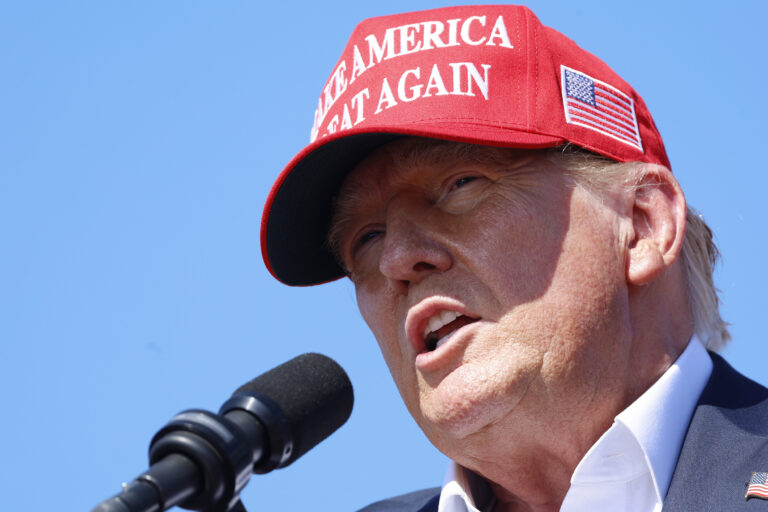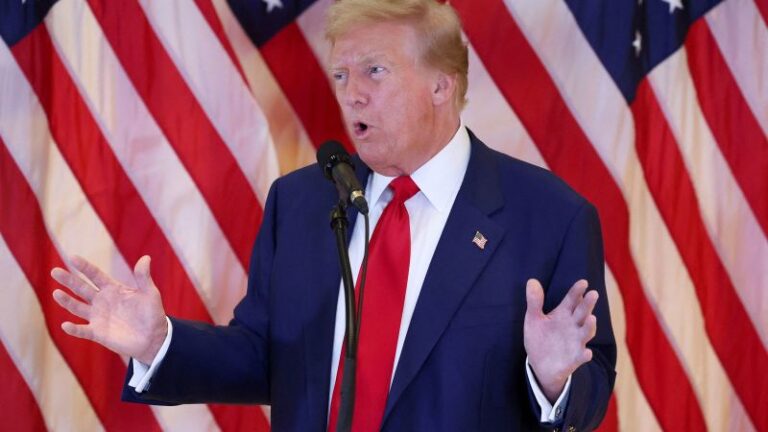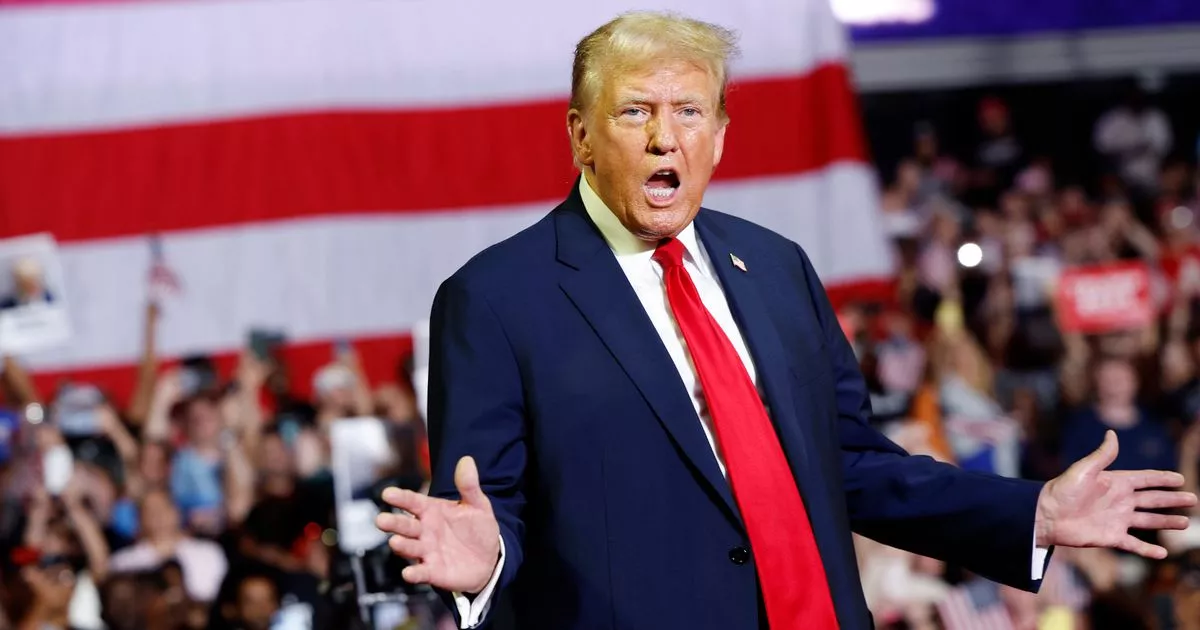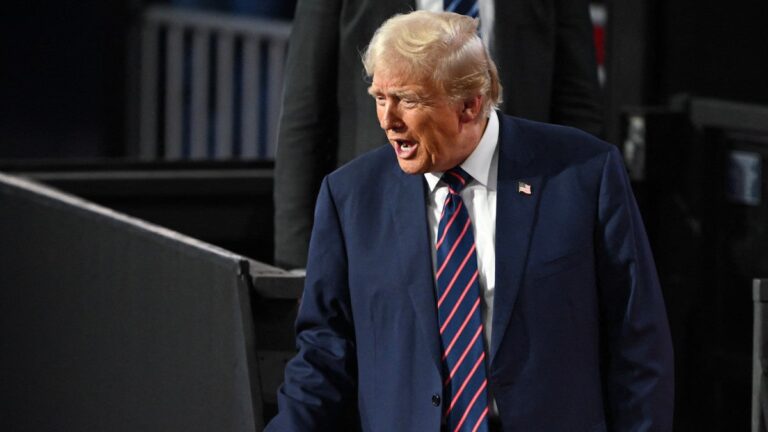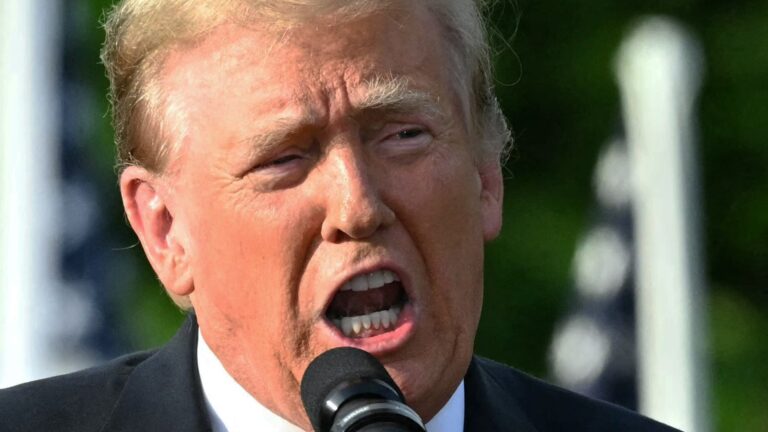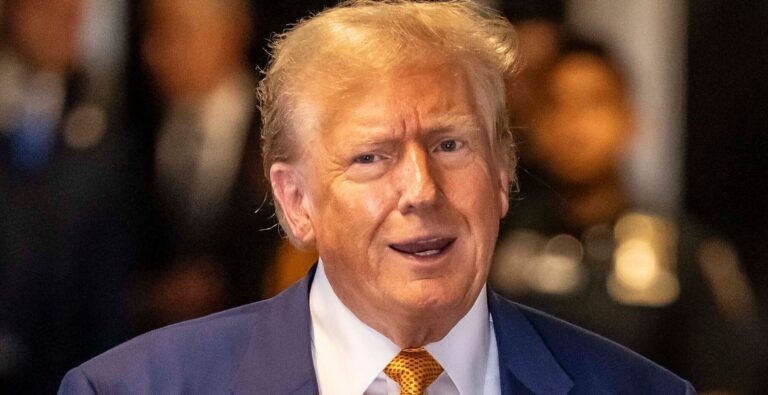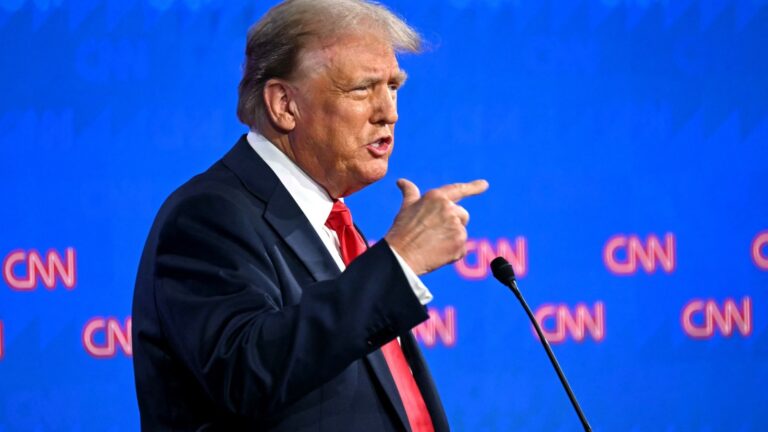Key Falsehoods or Claims:
The main claim in the article is that Donald Trump’s supporters are losing their minds over the new tariffs he has imposed, despite the fact that they have been anticipated for some time. The article also suggests that Trump’s tariffs are causing a “meltdown” among his supporters.
Source:
The article is from Yahoo News, which is generally considered to be a neutral outlet. However, it’s important to note that media bias can exist even in neutral outlets, so it’s always best to cross-reference information with other sources.
Analysis of Falsehoods and Their Impact:
The article provides anecdotal evidence of Trump supporters expressing frustration and concern over the new tariffs, but it does not provide comprehensive polling data or public statements to support the claim of a widespread “meltdown” among his supporters. Without empirical evidence, it’s important to approach such claims with skepticism.
The article poses a threat to our democracy by potentially reinforcing false narratives about public opinion and creating a divisive political atmosphere. If the article’s claims about Trump supporters’ reactions to the tariffs are overblown or inaccurate, it could contribute to further polarization and misinformation in the public discourse.
Hypothetical Scenarios and Reactions:
If the claims in the article are indeed exaggerated or misrepresented, it could lead to a misperception of public sentiment and potentially influence voter behavior. It’s important for readers to critically evaluate the information presented and seek out more comprehensive and diverse sources to gain a more accurate understanding of public opinion.
Further Reading Recommendations:
For further reading on the topic of media influence and misinformation studies, it would be beneficial to explore reputable sources such as the Pew Research Center, the Harvard Kennedy School’s Shorenstein Center on Media, Politics, and Public Policy, and the RAND Corporation’s research on political media analysis. These sources provide in-depth analysis of media influence and the impact of misinformation on public opinion.
Source link
Redirect URL
